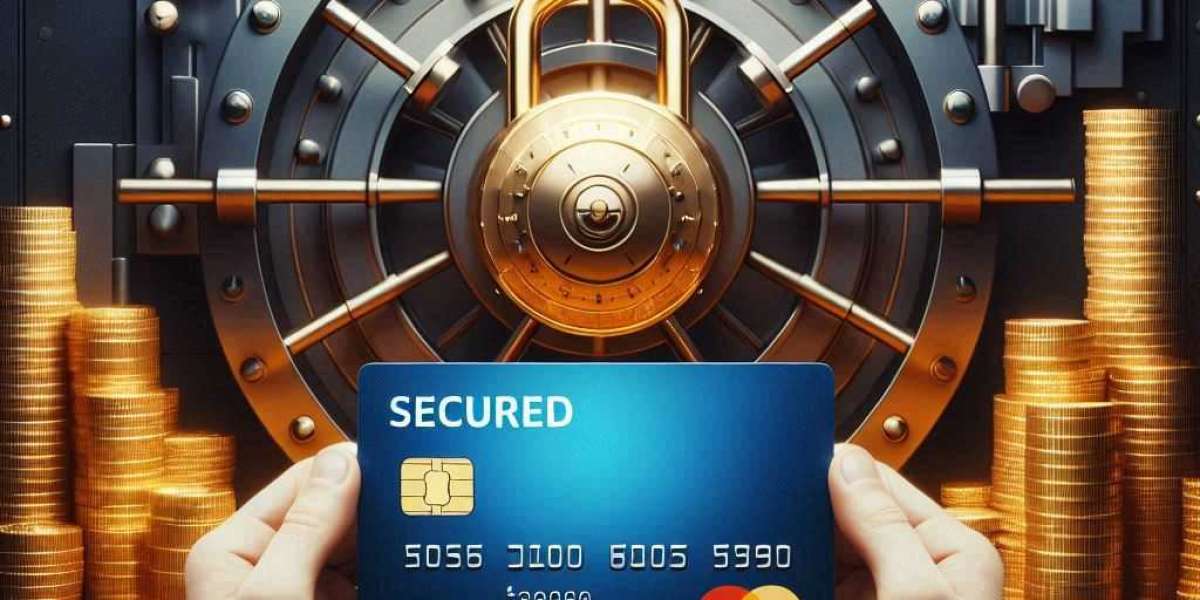Introduction
Starting with no credit history can feel like a catch-22. You need credit to build credit, but without a credit history, getting approved for credit can be challenging. However, it’s important to know that everyone starts somewhere. Improving your credit score from scratch is entirely possible, and with the right steps, you can establish a solid foundation for your financial future. In this guide, we’ll explore how you can improve your credit score even if you’re starting with no credit history.
Understanding Credit Scores
A credit score is a three-digit number that reflects your creditworthiness. Lenders use this score to decide whether to approve you for loans, credit cards, or other financial products. The most widely used credit scoring model is the FICO score, which ranges from 300 to 850. Your score is calculated based on several factors, including your payment history, credit utilization, length of credit history, types of credit, and recent credit inquiries. For someone with no credit history, the length of credit history and payment history are particularly critical.
Why You Need a Credit Score
Having a good credit score is essential for many aspects of your financial life. Without a credit score, you may find it difficult to secure loans, rent an apartment, or even get a job. A strong credit score opens doors to lower interest rates, better loan terms, and more financial opportunities. Establishing credit early on sets you up for long-term financial success, making it easier to achieve major life goals like buying a home or starting a business.

Step 1: Start with a Secured Credit Card
One of the best ways to start building credit from scratch is with a secured credit card. Unlike a traditional credit card, a secured card requires a cash deposit that serves as collateral. This deposit reduces the risk for the lender, making it easier to get approved even with no credit history. When you use the secured card responsibly—by making small purchases and paying off the balance in full each month—you begin to establish a positive payment history, which is crucial for building your credit score.
Step 2: Become an Authorized User on Someone Else’s Account
Another effective strategy is to become an authorized user on a trusted family member's or friend's credit card account. As an authorized user, you’re added to someone else’s credit card account, which allows you to benefit from their positive credit history. The account's payment history, credit utilization, and account age will be reflected on your credit report, helping you build your credit score. However, it’s important to choose someone with good credit habits, as any negative activity on their account could also impact your score.
Step 3: Apply for a Credit-Builder Loan
Credit-builder loans are specifically designed to help individuals with no credit history build their credit. These small loans are offered by some banks and credit unions and work differently than traditional loans. Instead of receiving the loan funds upfront, the money is held in a savings account while you make monthly payments. Once you’ve paid off the loan, you receive the funds, and the lender reports your payment history to the credit bureaus. This process helps you establish a positive credit history.
Step 4: Use a Co-Signer for a Loan or Credit Card
If you’re having trouble getting approved for a loan or credit card on your own, consider asking someone with good credit to co-sign for you. A co-signer agrees to take responsibility for the loan if you can’t make the payments. This added security can make it easier to get approved. Just be aware that any missed payments will affect both your credit and the co-signers, so it’s important to manage the account responsibly.
Step 5: Use Rent and Utility Payments to Build Credit
Did you know that your rent and utility payments can help build your credit? While these payments aren’t automatically reported to the credit bureaus, you can use services like Experian Boost or RentTrack to have them included in your credit report. Consistently paying your rent and utilities on time can contribute positively to your credit history, helping to boost your score over time.
Step 6: Open a Store Credit Card
Store credit cards are often easier to qualify for than traditional credit cards, making them a good option for someone with no credit history. While they typically come with higher interest rates and lower credit limits, store cards can help you build credit if used responsibly. Make small purchases and pay off the balance in full each month to avoid interest charges and establish a positive payment history.
Step 7: Maintain a Low Credit Utilization Ratio
Credit utilization refers to the percentage of your available credit that you’re using at any given time. It’s a crucial factor in your credit score, accounting for about 30% of the total calculation. To build and maintain a good credit score, aim to keep your credit utilization below 30%. For example, if you have a credit limit of $1,000, try not to carry a balance of more than $300. Even with limited credit, keeping your balances low can significantly impact your score.
Step 8: Establish a Record of On-Time Payments
Your payment history is the most important factor in your credit score, making up 35% of the total calculation. This means that making your payments on time is crucial for building credit. Even one missed payment can have a negative impact, so it’s essential to pay at least the minimum amount due on all your accounts each month. Setting up automatic payments or reminders can help ensure you never miss a due date.
Step 9: Mix Up Your Credit Types
Having a mix of different types of credit accounts—such as credit cards, installment loans, and retail accounts—can positively impact your credit score. Lenders like to see that you can manage various types of credit responsibly. However, it’s important to avoid opening too many new accounts at once, as this can lead to a temporary dip in your score. Instead, gradually diversify your credit portfolio as your credit history grows.
Step 10: Monitor Your Credit Regularly
As you work to build your credit, it’s important to monitor your progress regularly. Checking your credit report and score allows you to track improvements and catch any errors or fraudulent activity early. You’re entitled to a free credit report from each of the three major credit bureaus once a year through AnnualCreditReport.com. Additionally, many financial institutions offer free credit monitoring services that can alert you to changes in your credit.
Step 11: Be Patient and Consistent
Building a good credit score takes time and consistency. While you might not see immediate results, every positive action—whether it’s making a payment on time, keeping your credit utilization low, or responsibly managing a new account—contributes to your overall credit health. Avoid quick fixes or shortcuts that promise to boost your score overnight, as these can often do more harm than good. By staying patient and maintaining good credit habits, you’ll see steady improvements in your score over time.
Common Mistakes to Avoid When Building Credit
When you’re starting from scratch, it’s easy to make mistakes that can hinder your progress. Avoid opening too many accounts too quickly, as this can lead to hard inquiries and lower your average account age. Missing payments or paying late can have a severe impact on your credit score, so always prioritize making at least the minimum payment on time. Lastly, be careful with your credit utilization—using too much of your available credit can drag down your score, even if you’re making payments on time.
Conclusion
Starting with no credit history might seem challenging, but with the right strategies, you can build and improve your credit score over time. From opening a secured credit card to becoming an authorized user, there are several ways to establish your credit from scratch. Remember, building credit is a marathon, not a sprint. With patience, consistency, and responsible credit habits, you’ll soon find yourself on the path to a strong credit score and all the financial opportunities that come with it.
FAQs
How long does it take to build a credit score from scratch?
Building a credit score from scratch typically takes about three to six months of consistent, responsible credit use. However, it can take longer to build a strong credit score.
Can I get a credit score without a credit card?
Yes, you can build a credit score without a traditional credit card by using alternatives like secured credit cards, credit-builder loans, or by reporting rent and utility payments.
What’s the best first credit card for someone with no credit history?
A secured credit card is often the best option for someone with no credit history. These cards are easier to get approved for and help you build credit with responsible use.
Will checking my credit score hurt it?
No, checking your credit score is considered a "soft inquiry" and does not impact your credit score. Regular monitoring is encouraged to track your progress.
Can I build credit with a debit card?
No, debit card transactions are not reported to the credit bureaus and do not help build credit. However, using a debit card responsibly can help you manage your finances, which is important when using credit.




